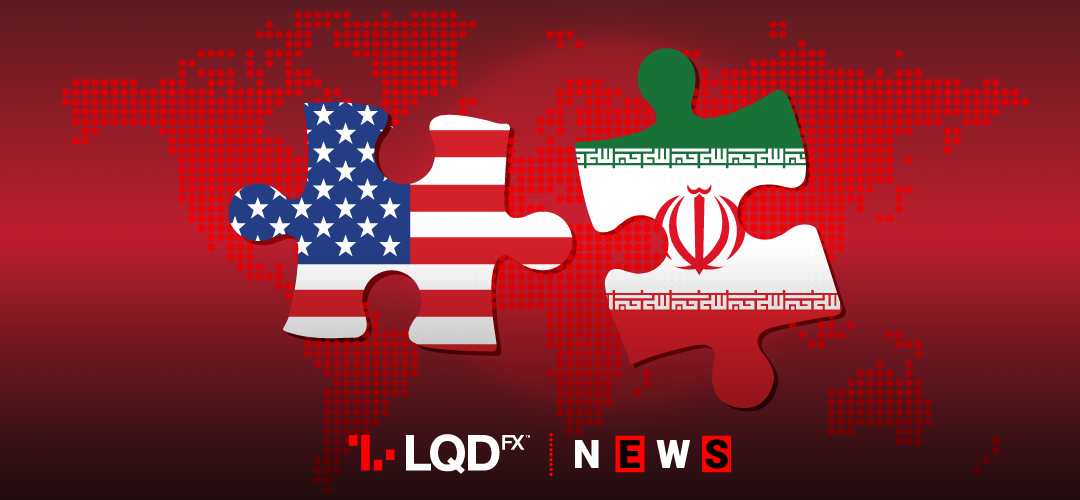Iranian state television said that at least 80 “American terrorists” were killed in attacks involving 15 missiles Tehran launched on U.S. targets in Iraq on Wednesday morning.
The move by Iran came hours after the funeral of Tehran’s top military commander Qassem Soleiman. Soleiman’s killing in a U.S. drone strike last week intensified fears of a war in the Middle East.
But U.S. President Trump said in a tweet late on Tuesday that “All is well!”, and that he would make a statement on Wednesday morning. However, precautions are being taken to avoid further disaster. Major airlines are diverting flights away from Iranian airspace, and the US Embassy in Jordan has asked personnel to stay home and maintain a low profile.
Iranian Foreign Minister also tweeted that Iran is not seeking escalation or war but would defend itself against any aggression.
Twitter posts from both sides playing down the prospect of further escalation helped calm currency markets. The absence of immediate reports of casualties also steadied nerves.
Traders said the focus would now turn to what response, if any, the United States is planning.
Forex – Markets nervous after Iran attacks
The U.S. dollar was buoyed on Tuesday by a strong showing in a non-manufacturing business survey, released ahead of Friday’s key U.S. jobs report.
The Japanese yen jumped to three-month highs against the dollar after the attack before retreating. The yen, regarded as a safe haven in times of geopolitical turmoil by virtue of Japan’s status as the world’s biggest creditor, dipped 0.2% to 108.68 per dollar.
The Swiss franc also gave up early gains. Switzerland’s currency was 0.2% lower at 0.9724 francs per dollar, having briefly jumped about 0.4% to one-week highs.
The euro was down a quarter of a percent at $1.1130 EUR=EBS, hovering near session lows.
Sterling edged higher as risky assets recouped earlier losses on a perception that Iran’s rocket attacks on U.S. forces in Iraq would not lead to a wider regional conflict.
The British currency edged a third of a percent higher to $1.3163, moving towards a two-week high of $1.3284 hit on Dec. 17. Against the euro, the pound strengthened 0.4% to 84.55 pence.
Oil futures fell on Wednesday from peaks hit in frenzied early trading. Brent crude futures were down 49 cents, or 0.72%, at $67.78 by around 1254 GMT, after earlier rising to their highest since mid-September at $71.75. West Texas Intermediate crude futures were down 76 cents, or 1.21%, at $61.94 a barrel.
Gold surged past the $1,600 level for the first time in nearly seven years earlier after Iran conducted retaliatory attacks against U.S. forces in Iraq.
Spot gold rose 0.7% to $1,585.30 per ounce by 0830 GMT, having earlier surged as much as 2.4% to its highest since March 2013 at $1,610.90. U.S. gold futures rose 0.5% to $1,582.90 per ounce.
PLEASE NOTE The information above is not investment advice.
Sources: Reuters, Investing, CNN money
